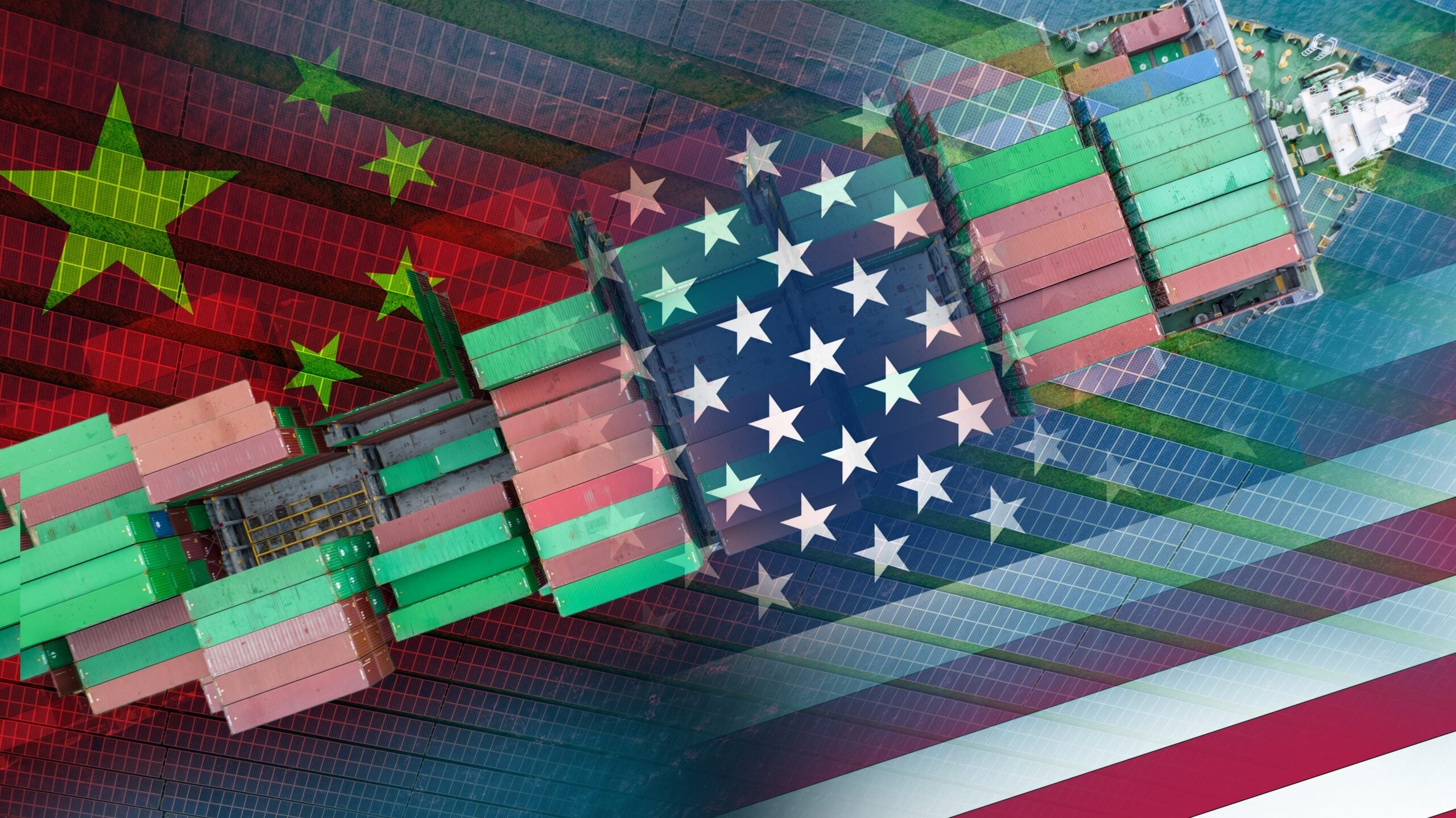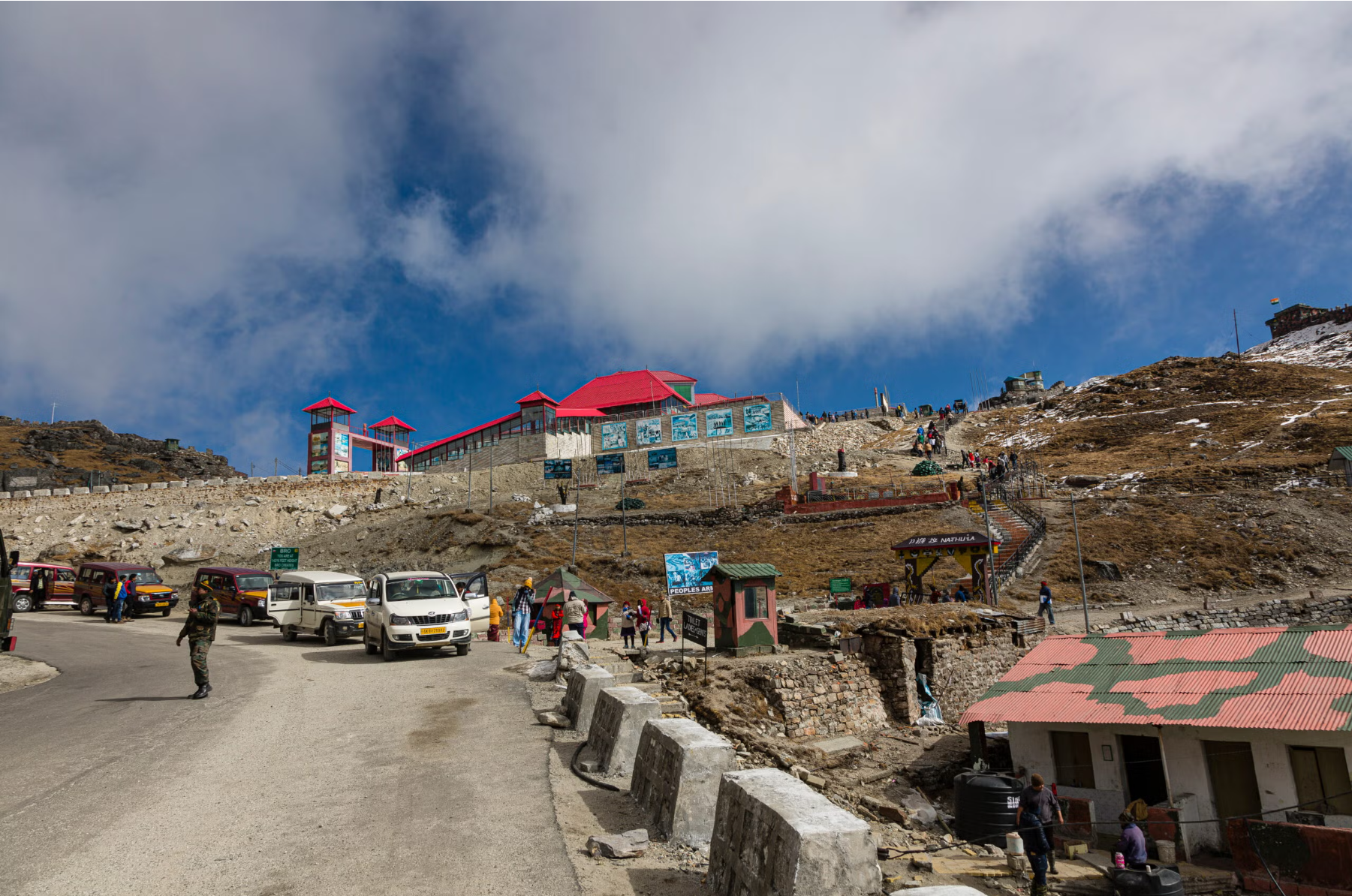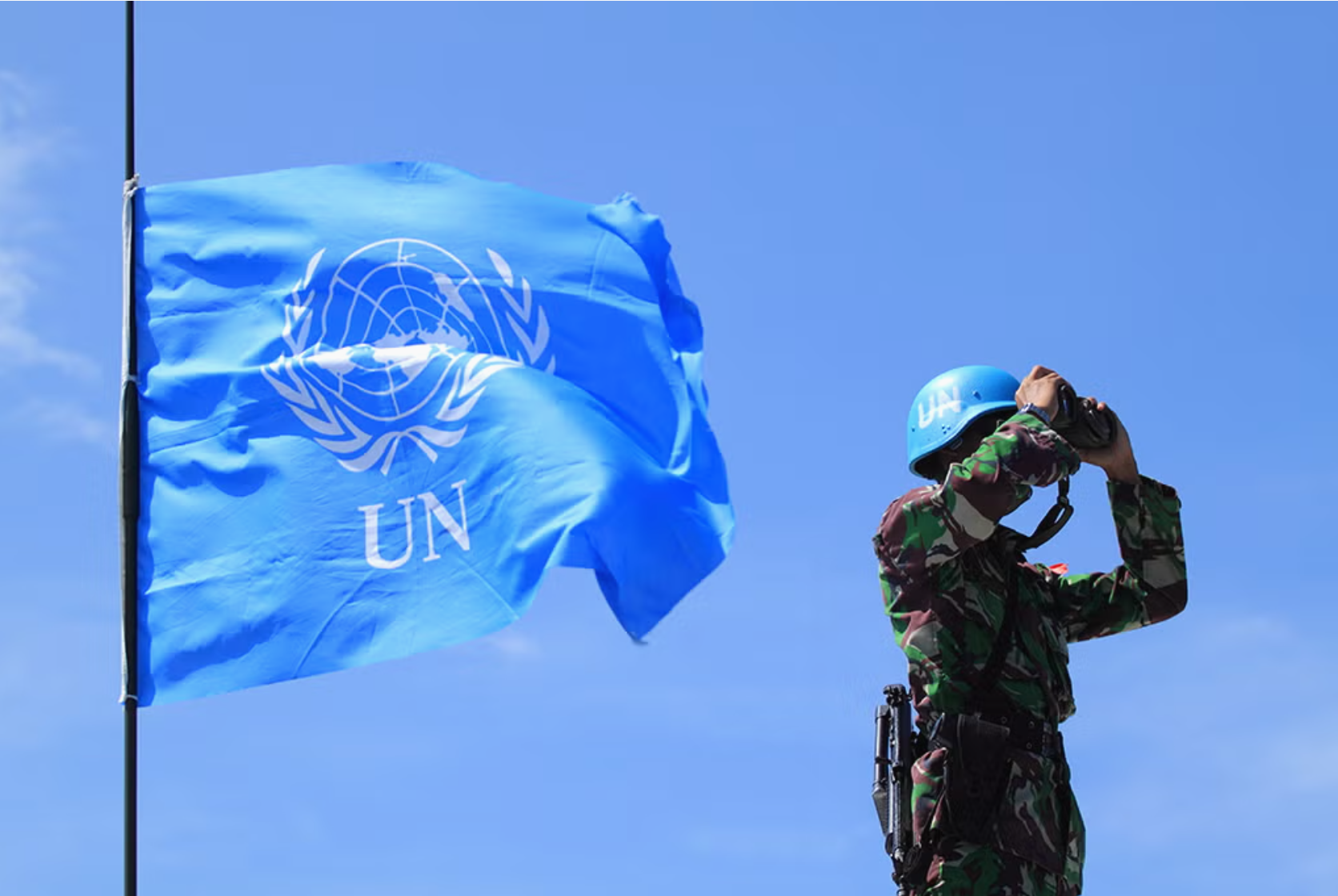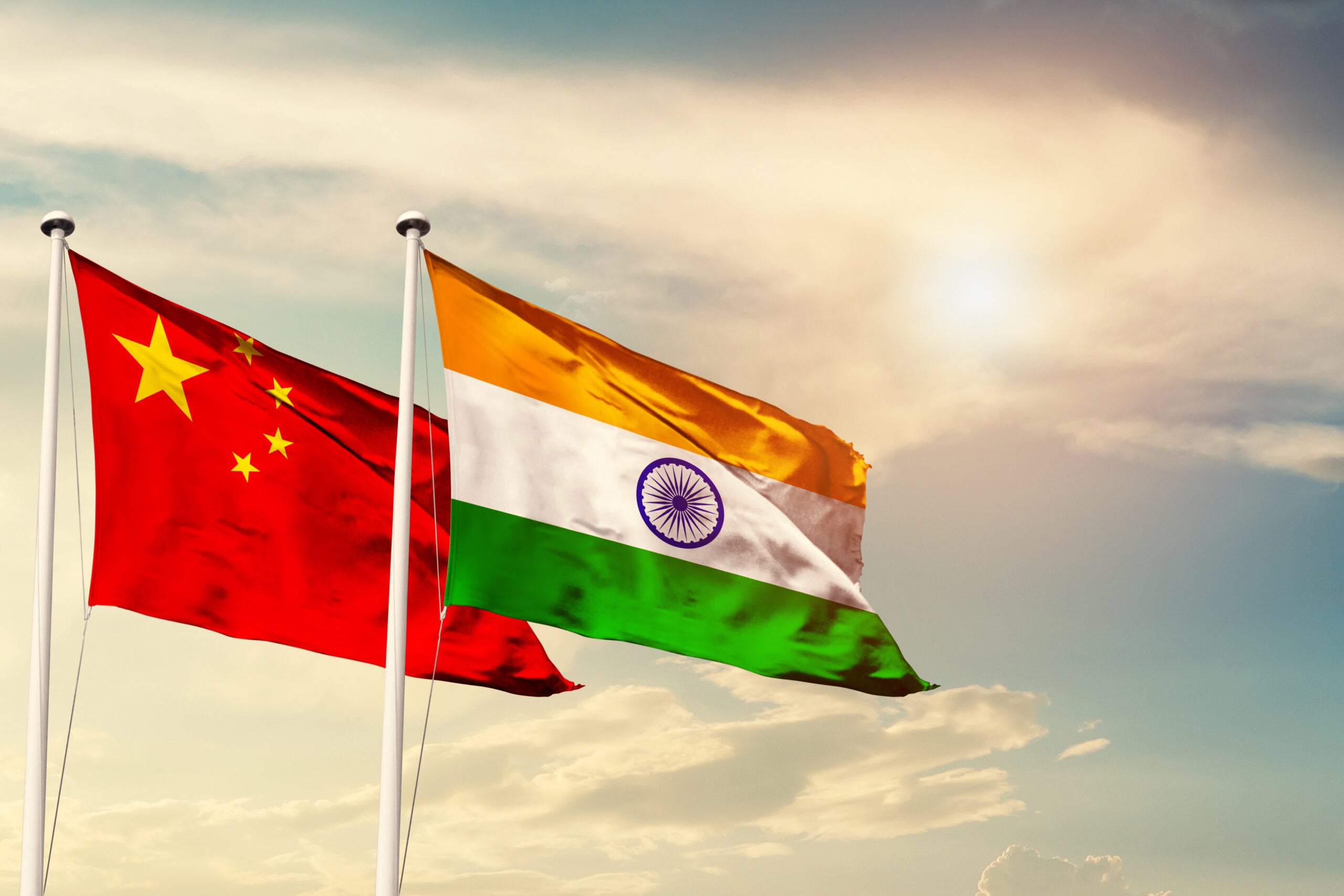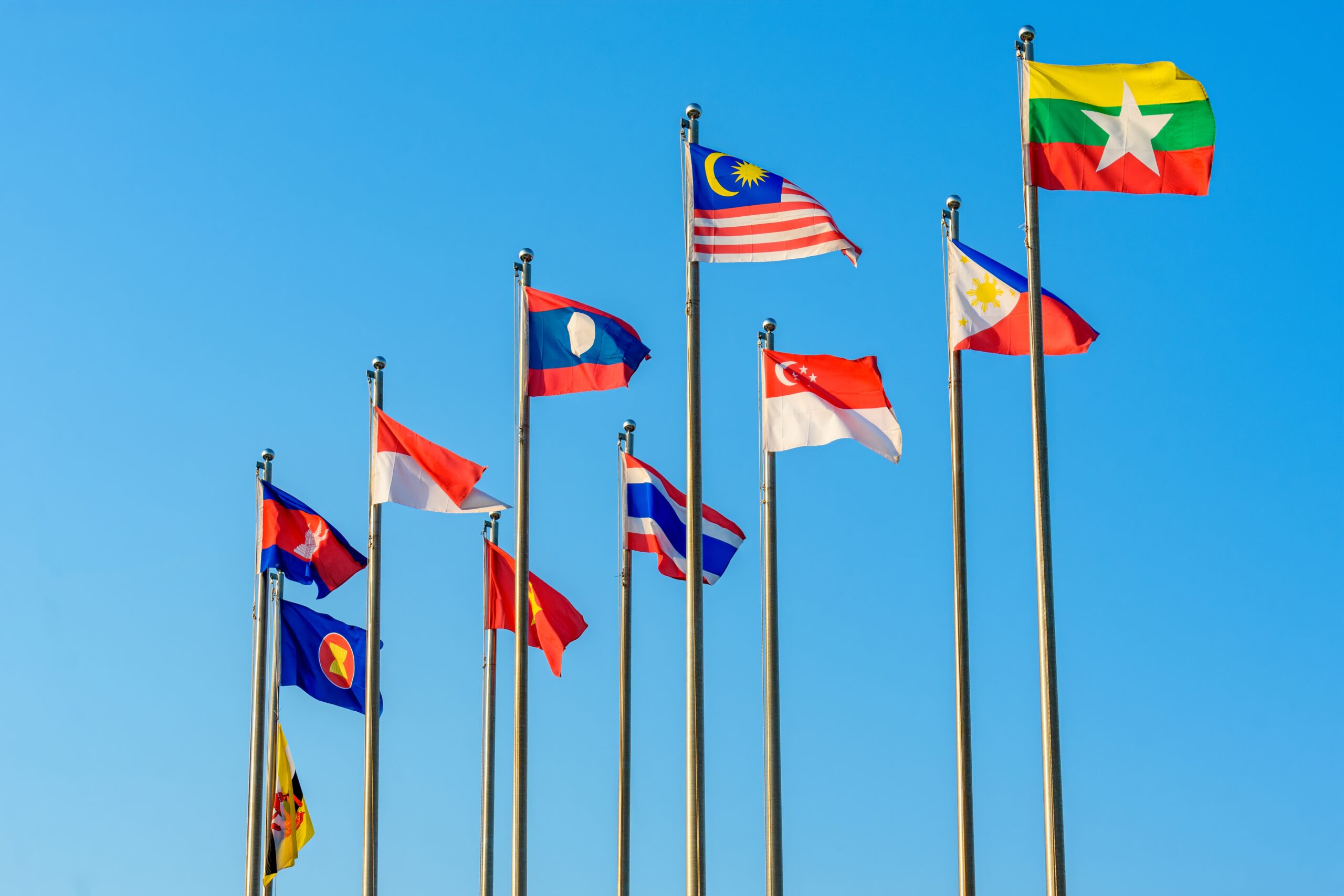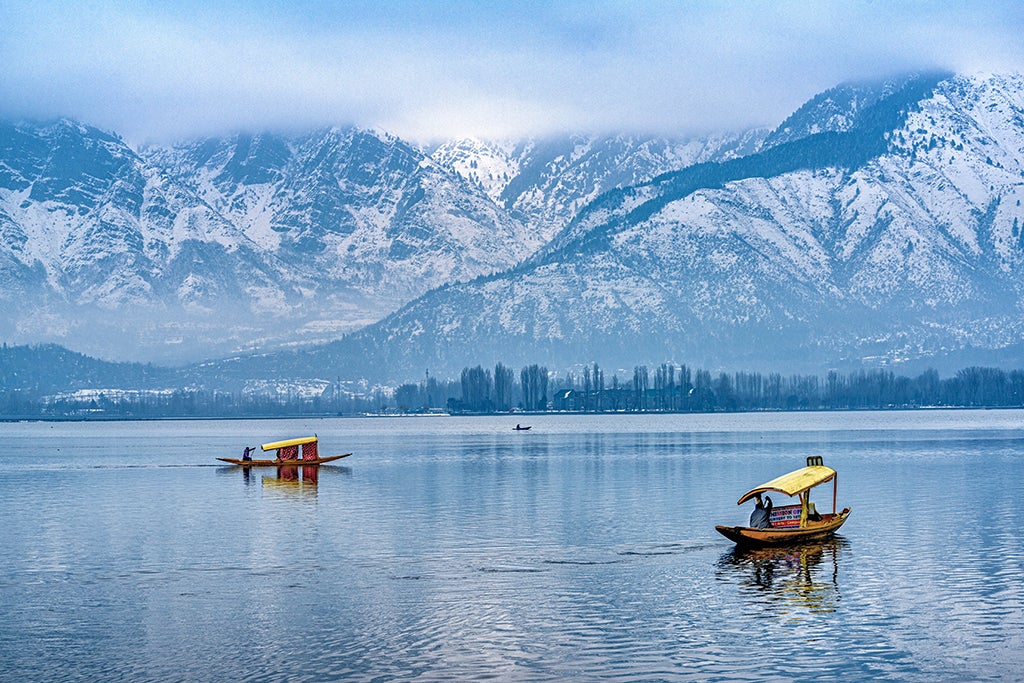Asian Peace Programme - Policy Briefs
Charting Pathways for U.S.-China Economic Cooperation Amid Strategic Rivalry
Following China’s accession to the World Trade Organization (WTO) in 2001, Sino-Western economic ties appeared to strengthen for many years. However, in recent years, the global economic landscape has become increasingly complex, with rising trade tensions between China and many of its trading partners, including, significantly, the US and EU, the latter of which began to systematically impose tariffs on China, as well as other anti-dumping/anti-subsidy measures, from 2011 on. These ongoing Sino-Western tensions are influenced by numerous non-economic issues, including territorial disputes, WTO compliance complaints, intellectual property concerns, and military activities, all of which have further strained international relations.
Yuhan Zhang, 14 November, 2025
Periods of Military Conflict, Periods of Peace: An Exploration of the Conditions Governing the China–India Relationship
This article generalises the conditions under which the China–India relationship descends into periods of military conflict or attains periods of peace. Adapting from existing scholarship, the article proposes three conditions that govern the occurrence of periods of military conflicts: political and military assertions of territorial claims, tacit support for separatism in either country, and competition for influence in South Asia.
Varigonda Kesava Chandra, 17 June 2025
Southeast Asia’s Fluid and Complex History of Cross Fertilization and Cultural Overlaps: Where Has It Gone?
If one were to attempt a cursory overview of the nation-states of present-day Southeast Asia today, one will encounter a common feature: In the official history books of the countries of the region, we read histories that are national in character, with many of them being somewhat inward-looking, almost parochial is scope and interest. Why is this the case, and why is it that the official histories of the countries of the region have given scant regard to the much longer and older history of cultural contact, exchange and cross-fertilization?
Farish Noor, 3 April 2023.
A Southern Conception of “Sovereignty as Responsibility”
Much has been written about the extent to which international humanitarian protection, including through force, has become legitimate practice in international society. By “international society” we mean that society of governments and statespeople, whose members comprise the United Nations and span the entire globe. The debate is not usually about other sorts of spaces, it is deliberately not about international civil society, for instance. Nor is it simply a matter of international law (though it is no doubt partly that). As a duty of states, humanitarian protection is of concern to policy practitioners, scholars, and the general public.
Patrick Quinton-Brown, 7 Feb, 2022.
Recalibrating Engagement: Strategic Opportunities in India-China Bilateral Relations
The trajectory of India-China relations remains delicately poised between strategic caution and pragmatic collaboration. As both nations navigate the intricate challenges of the 21st century—ranging from economic reconfiguration to climate vulnerabilities—their ability to construct constructive engagement mechanisms will be pivotal and continued political dialogue is critical.
Shantanu Roy-Chaudhury, 9 April, 2025.
Alternative Ways of Countering Violence Extremism (CVE) in Indonesia
There exists a widespread opinion within the Indonesian society that former members of local terrorist groups, such as the Al Qaeda-inspired Jamaah Islamiyah (JI) and groups that support the Islamic State (IS), such as the Jamaah Ansharut Daulah (JAD), should be treated as “dangerous and lunatic” individuals who do not deserve a ‘second chance’ to reintegrate back peacefully into mainstream society.[1]
Noor Huda Ismail, 30 May 2022
The Future of Multilateralism in Southeast Asia
The Association of Southeast Asian Nations (ASEAN) has traditionally regarded itself as the central organisation for multilateral cooperation in Southeast Asia. However, there is a growing perception that ASEAN-centric multilateralism is no longer able to address the myriad of challenges facing the region to deliver the outcomes desired by its stakeholders.
Byron Chong, 13 September, 2024.
“Maximum Autonomy with Divided Sovereignty”: An Extrapolation of Eqbal Ahmad’s Solution to the Kashmir Conflict
The Kashmir conflict, ongoing for over seventy years, is no closer to a resolution. The separatist insurgency that had emerged in the late 1980s, along with attendant military action, has claimed over 50,000 lives till date. However, the three major parties to the conflict, the Indian state, the Pakistani state and the Kashmiri separatist movement continue to have mutually-intractable positions.
Varigonda Kesava Chandra, 31 May 2022. Published in Peace Review: A Journal of Social Justice


